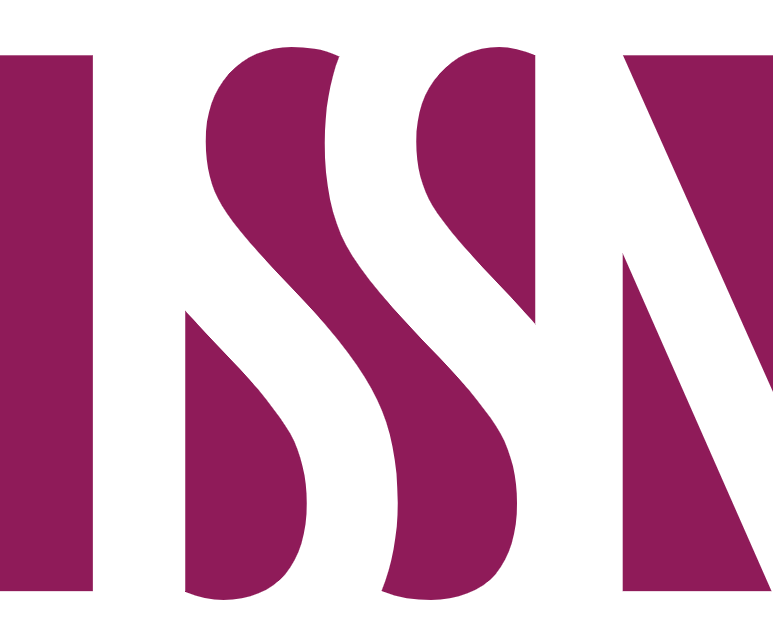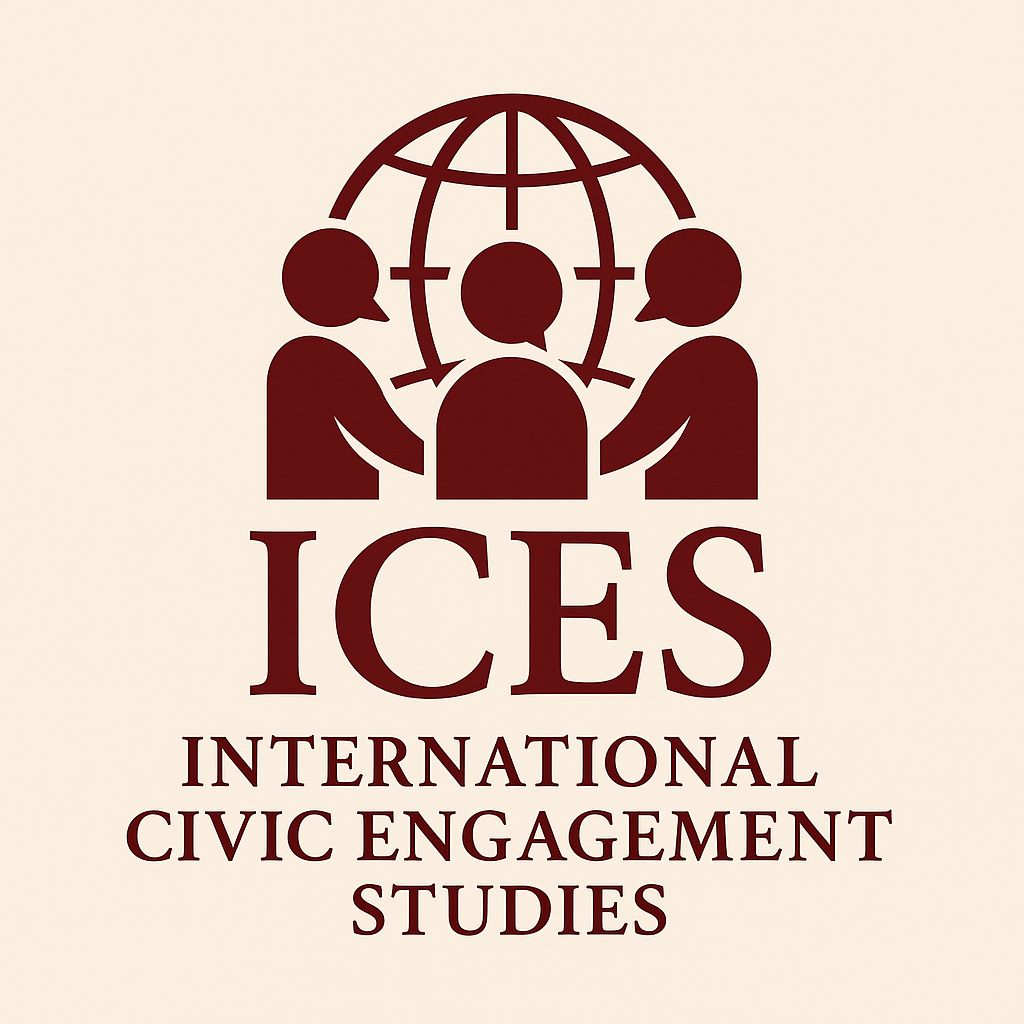
Publication Ethics and Malpractice Statement
International Civic Engagement Studies (ICES) is a peer-reviewed journal committed to upholding the highest standards of publication ethics. We publish original research articles, review papers, and conceptual analyses related to civic engagement, citizenship education, social justice in education, and related interdisciplinary topics that have not been published elsewhere in any language, and are not under review in any other journal.
This statement outlines the ethical responsibilities of all parties involved in the publishing process: authors, editors, reviewers, and the publisher (Civic Academia Network).
Duties of Authors
Duties of Editors
Duties of Reviewers
International Civic Engagement Studies (ICES) upholds these ethical standards to foster trust, credibility, and academic integrity within the global research community. Any concerns or violations regarding ethics should be reported to the editorial board.
 |
Published by: PT Citra Nusa Digital | |

cndpublisher is licensed under a Creative Commons Attribution 4.0 International License
